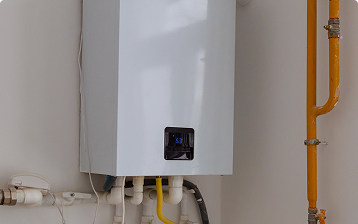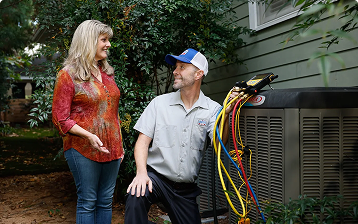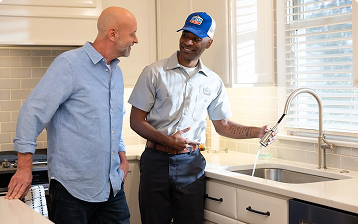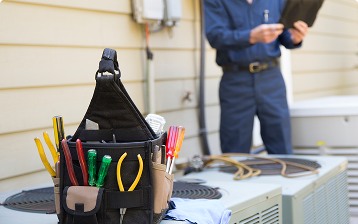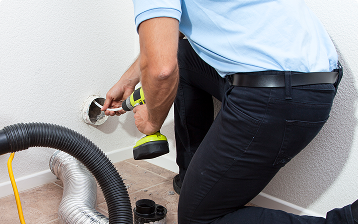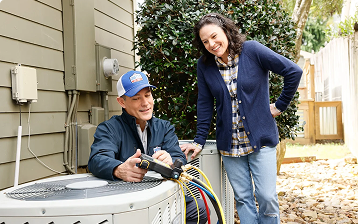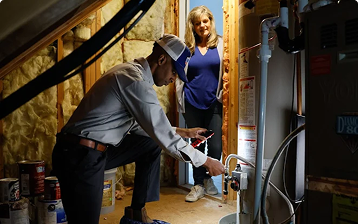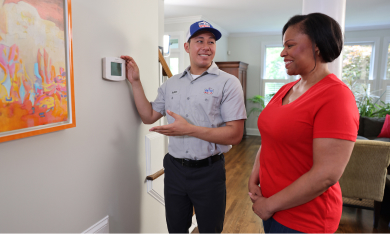
Thanks to Georgia’s mild winters, homeowners don’t have to rely heavily on their heat during the season, but this doesn’t mean they don’t need a reliable system.
Many people consider a gas or electric furnace when choosing from Georgia’s heating options, thanks to their reliability. However, these systems offer distinct advantages, making the choice between them difficult.
In this blog post, the HVAC experts at United Air Temp discuss the main differences between electric and gas furnaces and the factors homeowners should consider when making the choice.
How Do Electric Furnaces Work?
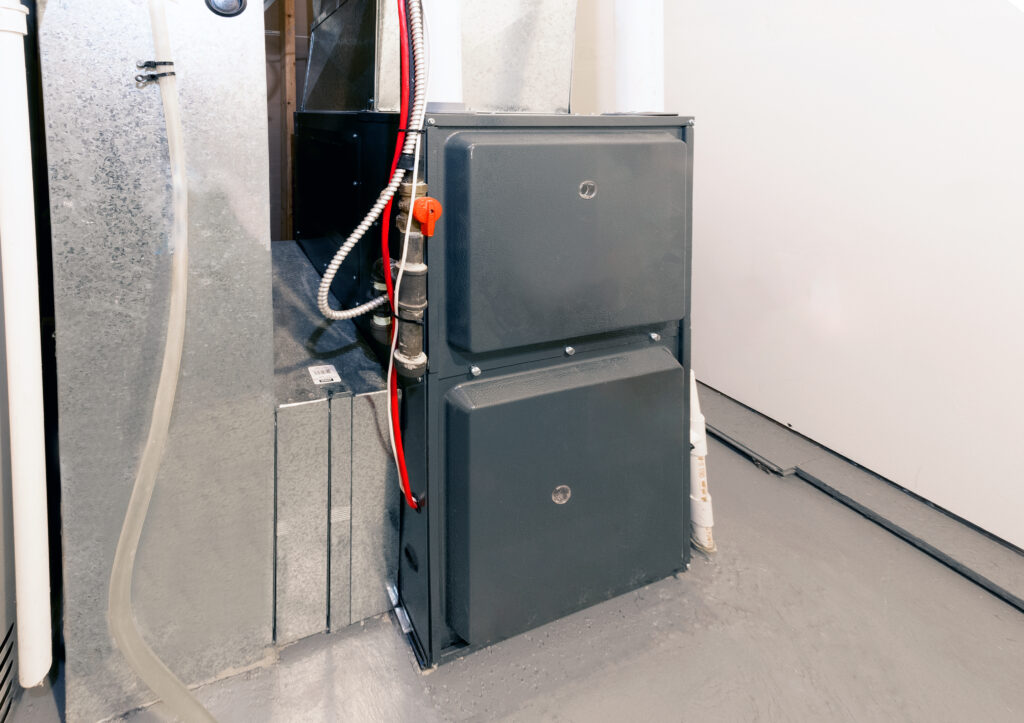
Electric furnaces use electricity to power the furnace’s heating element, which is metal coils. As the coils heat up, a blower motor circulates the air around them and pushes it into the ductwork, where it’s distributed throughout the home.
Pros & Cons of Electric Furnaces
There are many pros to consider when choosing an electric furnace:
- Pro: Electric furnaces require lower upfront costs.
- Con: The use of electricity leads to higher operating costs.
- Pro: With no combustion, electric furnaces offer safer operation.
- Con: Electric furnaces have shorter lifespans than gas systems.
How Do Gas Furnaces Work?
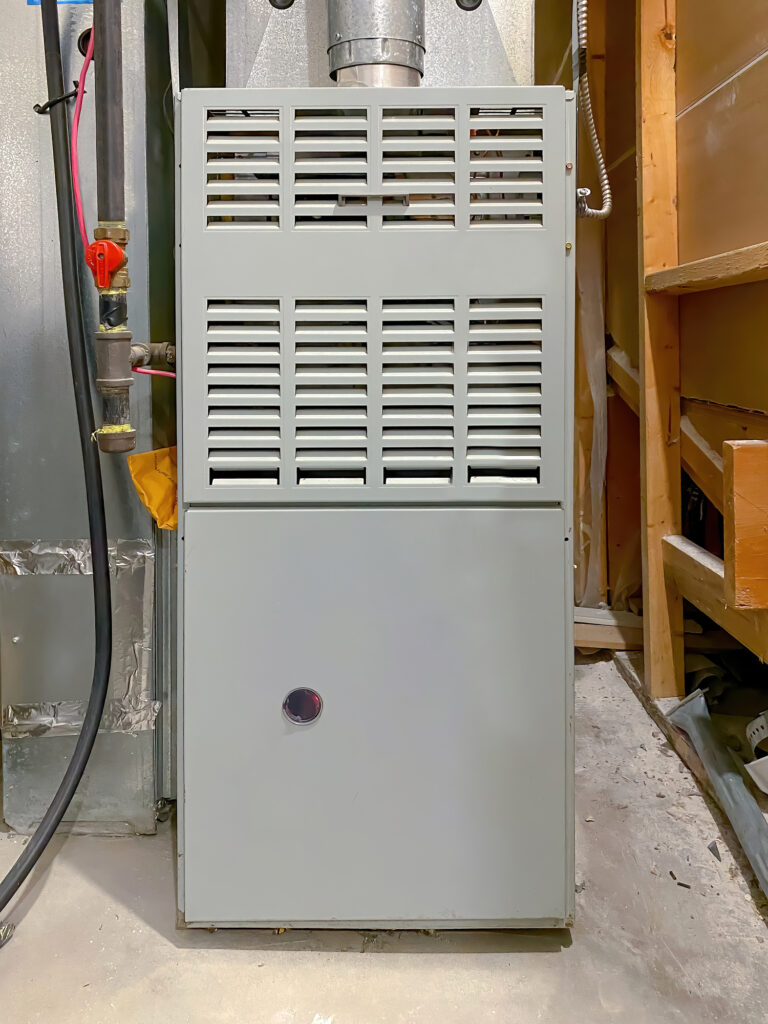
A gas furnace uses natural gas ignited by a burner to heat the air. This air is then blown into your ductwork to heat your home. The process starts with either a pilot light or an electric ignitor that begins combustion.
Pros & Cons of Gas Furnaces
A gas furnace offers many distinct advantages and disadvantages:
- Pro: Gas furnaces offer faster heat in comparison to electric systems.
- Con: Without proper maintenance, gas furnaces can lead to poor indoor air quality.
- Pro: Natural gas means lower operating costs compared to electric.
- Con: Natural gas combustion contributes to greenhouse gasses.
Factors To Consider When Choosing a Furnace
When looking at electric furnaces versus gas furnaces, homeowners should consider these factors:
- Installation costs: On average, the cost to install an electric furnace in Georgia is between $1,500 and $3,500. Gas furnace installation is much more, with an average cost between $3,000 and $7,000.
- Rebates: Tax credits of up to $600 can help homeowners save on the installation of a high-efficiency gas furnace. Local utility companies may also offer rebates for upgrades.
- Energy efficiency: Both gas and electric systems offer energy-efficient operation. Electric systems are nearly 100% efficient. Gas systems are available with AFUE ratings of up to 98%, but the minimum requirement is 80%, and higher-efficiency systems are more expensive.
- Operating costs: Georgia’s natural gas prices tend to be significantly lower than electricity rates. It will cost more per month to run an electric system.
- Lifespan: With proper maintenance, a gas furnace will last 15 to 20 years, while an electric furnace will last 20 to 30 years.
- Maintenance: While regular maintenance is important for any furnace, it’s even more critical for gas furnaces, which can pose safety risks like carbon monoxide poisoning and natural gas leaks. No matter which system you have, you should schedule a heating tune-up in the fall.
Choose United Air Temp for Furnace Installation in Georgia
Whether you choose a gas or electric furnace is ultimately up to your needs. When you’re ready to install a new furnace for your Georgia home, trust United Air Temp for superior heating replacement. Our highly trained technicians are proud to offer you superior service and quality work.
We offer top-quality products from the industry’s leading manufacturers and guarantee precise and professional installation. Plus, with over 90 years in business and free estimates, there’s never been a better time to invest in your comfort.
Call United Air Temp today to schedule a furnace installation for your Georgia home.




